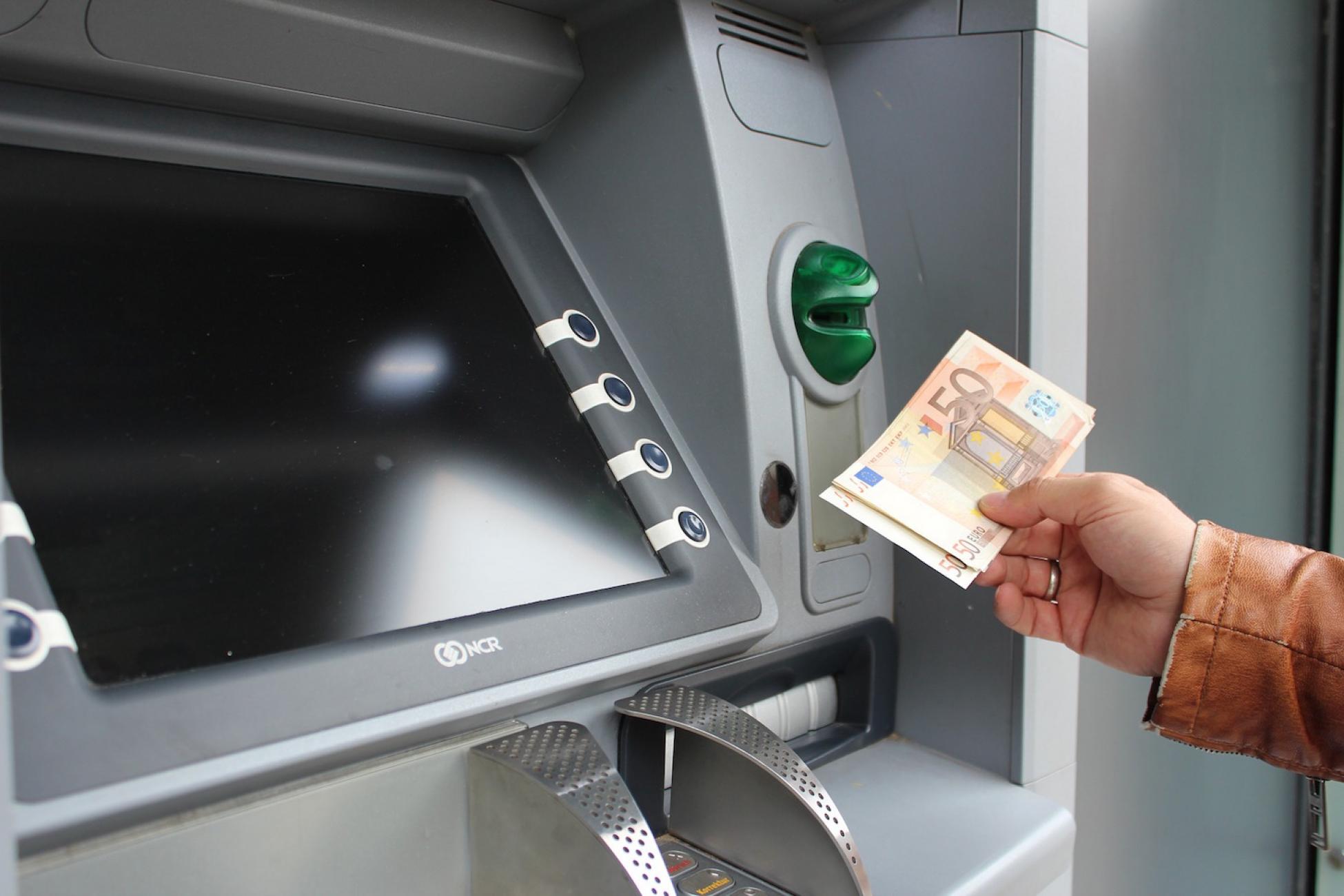In 2016, I quit my job in Toronto, packed my bags and moved to London. A few friends had made the leap before me, and the one gripe I heard over and over was about banking; opening a bank account abroad was no simple process.
Before I left, I withdrew a large sum of pounds sterling in cash from a currency exchange service in an effort to avoid the high rates offered by the big banks. It meant a good rate—but a risky decision to carry half my savings in my pocket.
Once in London, I set up a bank account at Lloyds using the address of my Airbnb. But the process went downhill when I realized that I had to wait for everything to be mailed out to me in separate envelopes: my bank card, the pin number, and even the password for online banking. By the time I checked out of my temporary accommodations, I had the card but not the pin. The result was being stuck for weeks without access to my funds, which I’d already deposited.
If I had known about challenger banks, I could have saved time and transported my money much more securely. They’re the secret to saving money when relocating to the European Union.
So, what are "challenger" banks, exactly?
Sweeping the UK and EU, challenger banks are virtual godsends that are popping up in droves. And for good reason. They're "challengers" because they’re rivalling traditional banking methods by providing users with secure accounts without all the red tape that comes with proving citizenship and time-consuming in-person appointments.
Challenger banks rival traditional banking methods by providing users with accounts without all the red tape that comes with proving citizenship.
Each bank offers a different range of services that are great for those working abroad or even for budget travellers who can provide a UK address. Prepaid cards allow you to make withdrawals without fees from many countries around the world. Full-fledged UK current accounts are also available, where employers can deposit your paycheque.
They’re linked in real-time to the stock exchange, so rates are likely to be better than the less flexible exchange rates offered through big banks. Plus, each challenger bank has an app at the heart of their service. This allows the user to track their spending in real time and see how much money is in their account without the hassle of phoning into the hotlines used to service prepaid debit cards, or having to wait for your credit card transactions to register online.
A banking revolut(ion)
After struggling to set up a Lloyds Bank account, I learned about Revolut. The app-based service allows users to deposit money onto what is essentially a pre-paid debit card. With a UK phone number, I was able to open an account in under 15 minutes and my card arrived in the mail three days later.
It was then a simple matter to transfer cash for free from my Lloyds account and hold it in my Revolut account. I booked a short holiday in Paris and paid in Euros for the ticket without any bank conversion fees—an option the card offers in many different currencies. Pre-paid cards like this are ideal for people who are working abroad in the UK or EU and have a traditional bank account, but want to avoid high fees typically incurred by crossing borders.
The future of banking abroad
In addition to Revolut, banks such as Monese and Monzo offer a full-service alternative to banking with traditional banks. They’re a great option for anyone trying to relocate to the UK or EU since you can sign-up with the app, regardless of your country of citizenship, as long as you have an address in the UK or European Economic Area. (Using the address of a friend or a place where you know you’ll be staying long enough to receive the card in the mail works well.)
With challenger banks you will have to pay some account fees. But you could have your account up and running before you even land overseas—all without dealing with a brick-and-mortar middleman. You could also send money directly from your North American bank account at exchange rates that are better than what traditional banks will offer. That's worth a few quid a month if you ask me.
In North America, Tangerine (formerly ING) is the closest we’ve come to the types of banks debuting in the UK and EU. The main difference is that the British challengers, with their focus on favourable exchange rates and competitive international fees, seem to have globetrotters and newcomers in mind.
Whether you’re travelling or working abroad, challenger banks offer an amazing alternative to archaic bank systems.
